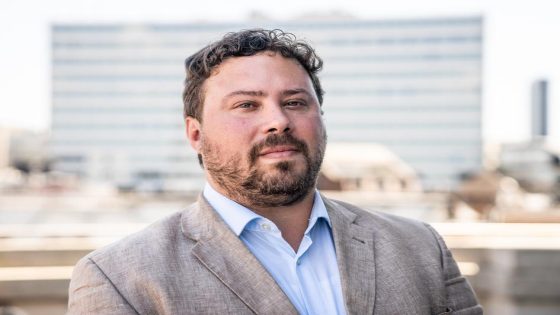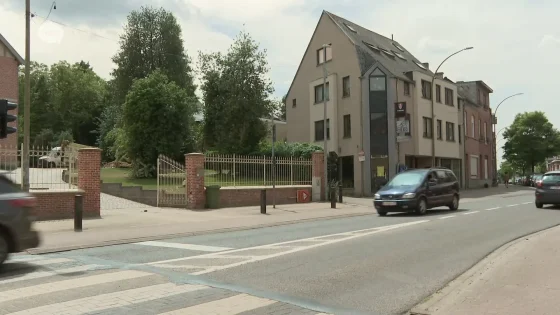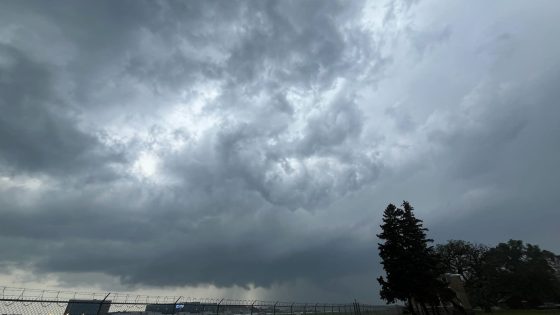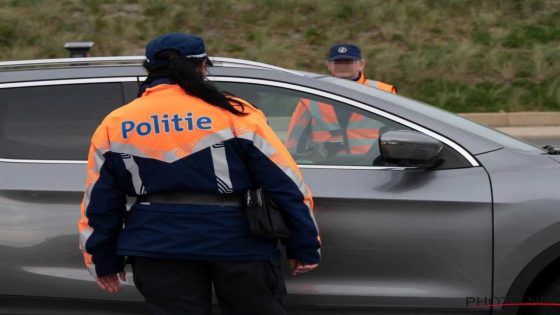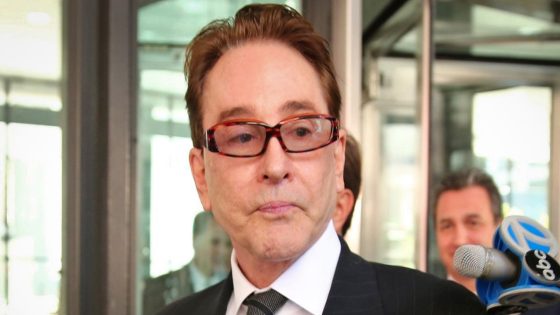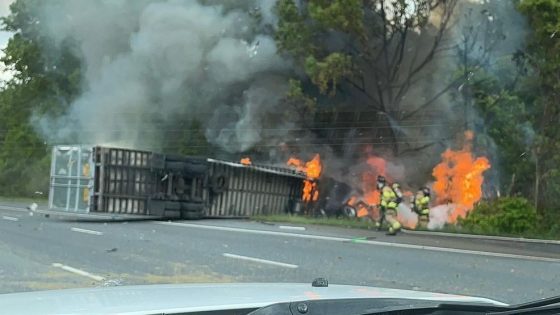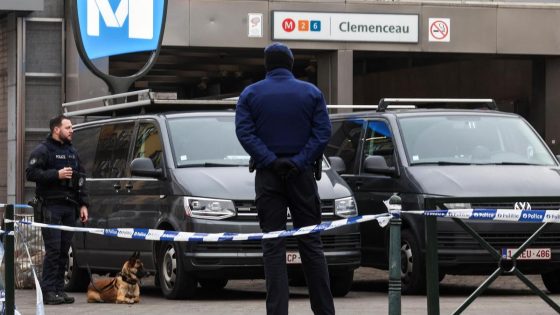Vlaams Belang held a protest at the Brussels Parliament on 2025-05-10 12:50:00, coinciding with the Iris Festival. The demonstration highlighted tensions between Flemish and French-speaking political groups in Brussels, focusing on the ongoing political stalemate. Bob De Brabandere, the Brussels faction leader for Vlaams Belang, distributed pamphlets linking to ‘maffia.brussels,’ a website redirecting to the Socialist Party (PS) page.
- Vlaams Belang protesteert bij Brussels parlement
- Bob De Brabandere deelt pamfletten uit
- Pamflet linkt naar PS-pagina 'maffia.brussels'
- De Brabandere vergelijkt PS met maffiabaas
- PS reageert met juridische klacht
- Politieke stilstand door PS-minachting Nederlandstaligen
De Brabandere accused the Francophone socialists of acting like “an almighty mafia boss controlling the entire region.” He argued that the political deadlock, which has lasted 333 days, stems from the PS’s dismissive attitude towards the protected Dutch-speaking minority. But how justified is this sharp comparison? And what does it mean for Brussels’ political future?
As Vlaams Belang stirs controversy, the PS has responded strongly, planning legal action against the party’s accusations. This clash raises questions about political dialogue and minority rights in Brussels, setting the stage for further developments.
What impact does this political confrontation have on Brussels? It reveals deeper issues of language and power struggles in the capital:
- Vlaams Belang highlights frustration over the 333-day political deadlock.
- The PS strongly rejects mafia comparisons, threatening legal action.
- The conflict underscores ongoing challenges for the Dutch-speaking minority in Brussels.
- Public protests during the Iris Festival amplify the visibility of these tensions.
As the situation evolves, will political parties find common ground or will legal battles deepen divisions? Brussels residents and observers should stay alert to how this conflict shapes the city’s political landscape in the coming months.



